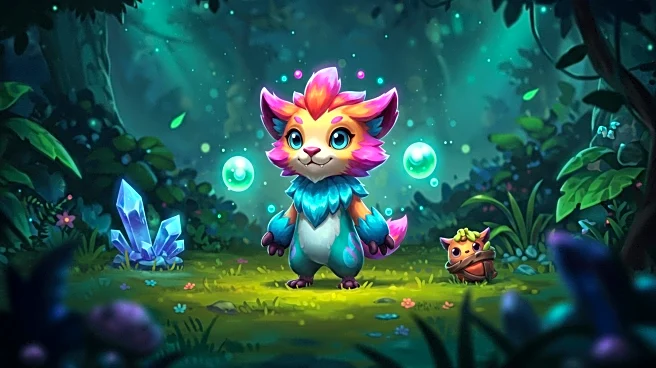What's Happening?
Shawn Layden, former Sony Worldwide Studios chairman, has criticized the Game Pass subscription model, describing it as making developers 'wage slaves.' Layden argues that the model does not create value for developers, as it involves upfront payment without profit sharing. He questions the sustainability of Game Pass, despite Microsoft's announcement of $5 billion in revenue. Layden's comments highlight concerns about the impact of subscription services on developer creativity and financial health, suggesting that the model may not be inspiring for game creators.
Why It's Important?
Layden's critique of Game Pass raises important questions about the financial and creative implications of subscription models in the gaming industry. While Game Pass provides stability for some developers, it may limit potential earnings from traditional sales. This debate reflects broader industry challenges in balancing innovation with financial security. Layden's comments also underscore the need for discussions on fair compensation and the long-term effects of subscription services on game development. As subscription models become more prevalent, understanding their impact on developers and the industry is crucial.
What's Next?
The gaming industry may see increased scrutiny of subscription models, with developers and stakeholders evaluating their benefits and drawbacks. Layden's comments could spark discussions on alternative compensation structures that balance upfront payments with potential profit sharing. As the industry evolves, companies may explore hybrid models that offer both stability and opportunities for additional earnings. Stakeholders might also advocate for policies that ensure fair compensation and support for developers, particularly in the context of subscription services.
Beyond the Headlines
Layden's critique highlights broader economic and cultural shifts in the gaming industry, as subscription models challenge traditional sales and compensation structures. This situation may lead to discussions on the role of creativity and financial security in game development, influencing how companies approach business models and developer support. The debate also reflects wider societal questions about the value of creative work and the balance between innovation and financial stability.











